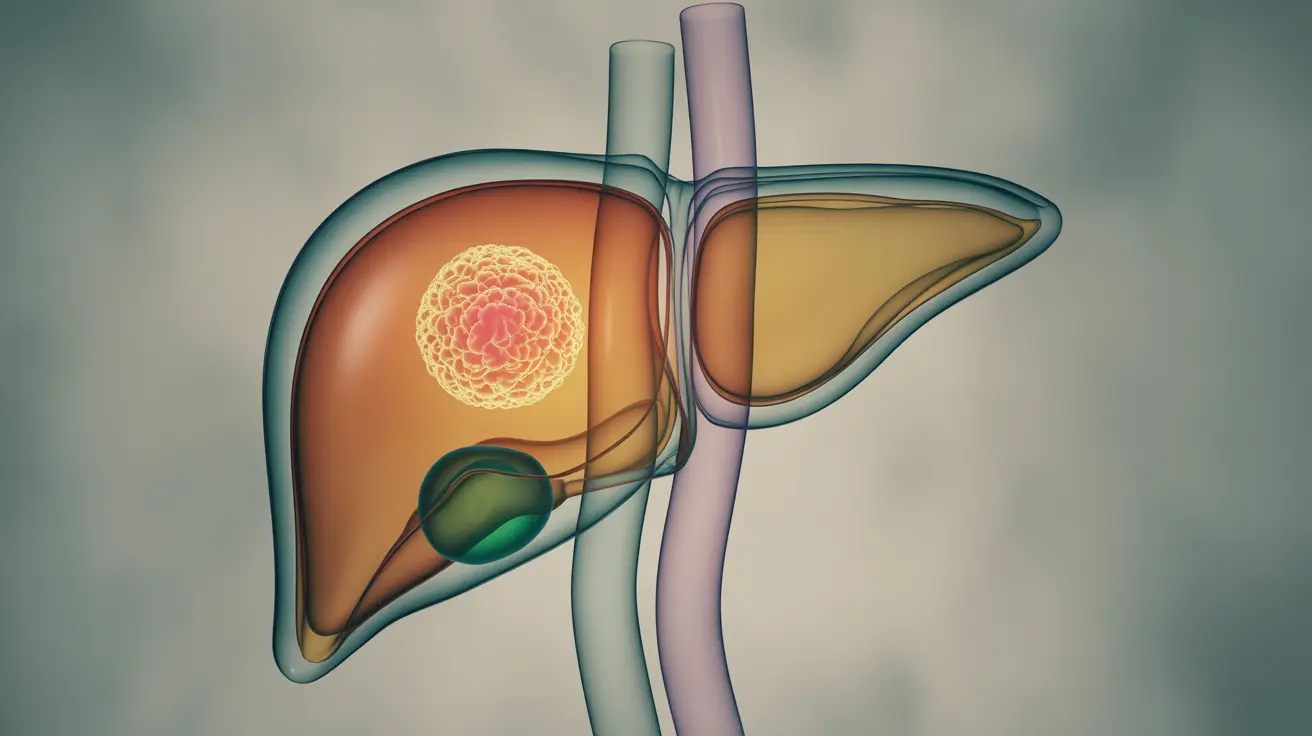Caffeine sensitivity is a condition where individuals experience heightened reactions to caffeine consumption, even in small amounts. While many people can enjoy their morning coffee without issues, those with caffeine sensitivity may find themselves experiencing uncomfortable or distressing symptoms after consuming caffeinated products. Understanding this condition is crucial for managing daily habits and maintaining overall well-being.
What is Caffeine Sensitivity?
Caffeine sensitivity occurs when a person's body has a lower tolerance to caffeine compared to the average individual. This can be due to genetic factors, liver enzyme variations, or other physiological differences that affect how the body processes caffeine. Unlike a caffeine allergy, which involves an immune system response, sensitivity relates to how efficiently your body metabolizes caffeine.
Common Signs and Symptoms
People with caffeine sensitivity may experience various symptoms, even after consuming small amounts of caffeine:
- Increased heart rate or palpitations
- Anxiety and restlessness
- Jitters or trembling
- Insomnia or sleep disturbances
- Digestive issues
- Headaches
- Elevated blood pressure
- Dizziness
Understanding Caffeine Metabolism
Your body's ability to process caffeine depends largely on the CYP1A2 enzyme, which is responsible for metabolizing caffeine in the liver. Genetic variations in this enzyme can significantly affect how quickly or slowly you process caffeine, leading to varying degrees of sensitivity.
Identifying Caffeine Sources
Caffeine can be found in numerous products beyond just coffee and tea:
- Coffee and espresso-based drinks
- Black and green teas
- Energy drinks and sodas
- Chocolate products
- Pre-workout supplements
- Some medications and pain relievers
- Energy shots and caffeine supplements
Managing Caffeine Sensitivity
Dietary Adjustments
The primary approach to managing caffeine sensitivity involves careful monitoring and adjustment of caffeine intake. Consider these strategies:
- Gradually reduce caffeine consumption
- Switch to decaffeinated alternatives
- Read product labels carefully
- Keep a food and symptom diary
- Choose herbal teas and caffeine-free beverages
Lifestyle Modifications
Supporting your body through lifestyle changes can help manage caffeine sensitivity:
- Maintain regular sleep patterns
- Stay hydrated with water
- Exercise regularly
- Practice stress management techniques
- Eat a balanced diet
Frequently Asked Questions
What are the main symptoms of caffeine sensitivity and how do they feel?
Caffeine sensitivity symptoms typically include rapid heartbeat, anxiety, jitters, sleep problems, and digestive issues. These symptoms can feel like intense nervousness, physical shakiness, and a racing mind, often occurring even after small amounts of caffeine.
How can I tell if I have caffeine sensitivity or a caffeine allergy, and what's the difference?
Caffeine sensitivity involves heightened reactions to caffeine metabolism, while a caffeine allergy triggers an immune system response. Allergy symptoms include hives, swelling, and difficulty breathing. Sensitivity symptoms are typically less severe and focus more on nervous system and cardiovascular effects.
Are there any tests or ways to diagnose caffeine sensitivity at home or with a doctor?
While there's no specific medical test for caffeine sensitivity, you can track your reactions through a detailed food diary. Some doctors may recommend genetic testing to check for CYP1A2 enzyme variations. The most reliable method is carefully monitoring your body's response to caffeine.
What foods, drinks, and medications should I avoid if I have caffeine sensitivity?
People with caffeine sensitivity should avoid or limit coffee, tea, energy drinks, chocolate, and caffeinated sodas. Be cautious with pre-workout supplements and certain medications, particularly those containing caffeine for pain relief. Always check labels for hidden caffeine sources.
Are there ways to manage or reduce caffeine sensitivity symptoms naturally?
Natural management strategies include gradually reducing caffeine intake, staying hydrated, getting regular exercise, maintaining good sleep habits, and choosing caffeine-free alternatives. Some people find that taking vitamin B supplements and maintaining a balanced diet helps manage symptoms.




